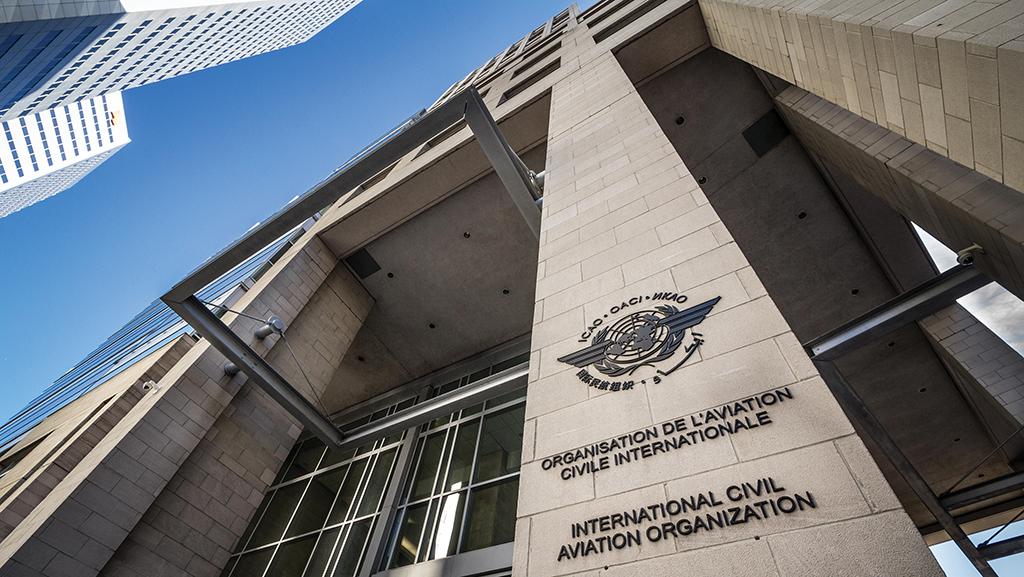Opinion: Global DER Repair Authority Is Often Misunderstood

Industry confusion stems from whether approvals issued by a duly authorized designated engineering representative hold the same authority as FAA approvals.
An ARSA member recently sought assistance in providing clarity to international customers about approvals issued by designated engineering representatives (DER). Apparently, these non-American businesses doubted that DER-approved repairs held the same authority as an approval issued by the FAA.
Promoting that understanding requires confirming some key international aviation concepts. Global regulatory responsibility is assigned by the International Civil Aviation Organization according to the Chicago Convention, which gives authority to oversee maintenance to the civil aviation authority under which the aircraft is registered, i.e., the state of registry. Each aircraft may only hold one registration at a time—there are no “dual citizenships” for aviation equipment.
Some countries have laws allowing the civil aviation authority to recognize another state’s aviation safety regulations without any additional action required. Other states share oversight responsibility through bilateral aviation safety agreements. The technical and implementation procedures associated with those agreements establish the parameters for the “home country” to act as an agent for a foreign authority. Under these arrangements, as in the bilateral agreement between the U.S. and European Union, an entity must meet the requirements of the geographic civil aviation authority, plus certain special conditions, to maintain or alter a foreign-registered aircraft.
Based on this framework, the ARSA member’s request is contingent on support being needed for a U.S.-registered aircraft or an aircraft registered in a state for which FAA approval would be acceptable. With that understanding, we can turn to the American aviation safety regulations in Title 14 of the Code of Federal Regulations.
Under U.S. rules, when a repair or restoration action results in or will result in a major repair, the technical data supporting the action must be approved by the FAA. The FAA has the authority to delegate a finding of compliance to another “person,” such as an individual engineer or a company. The FAA administers its delegations under 14 CFR part 183 and internal directives, such as Orders 8100.8, 8100.15 and 8110.37.
Order 8110.37 is “a handbook of procedures, technical guidelines, limitations of authority, and tools and resources for [DERs]. It was written for all DERs and the FAA staff who manage them.” Delegations to engineers and to engineering companies are based upon knowledge, experience, continued education and other information required by the agency to establish the authority delegated.
With respect to actions that will result in major repairs, Order 8110.37 revision F makes it clear that an approval issued by a duly authorized DER is an FAA approval:
4. DER Authorities.
a. DER approval. It is the applicant’s responsibility to show that engineering data will demonstrate their design complies with applicable airworthiness requirements. When a DER finds the engineering data shows compliance to those requirements, it is referred to as a DER approval. * * * For repairs and alterations, a specially delegated DER can approve some or all of the technical data intended to be used for a major repair or major alteration.
b. DERs may approve or recommend approval of engineering technical data within the limits of their authority by means of FAA Form 8110-3 where delegated. (Revision F, page 2-2, August 31, 2017.)
Hopefully, spreading this information worldwide will help the industry and other civil aviation authorities and customers understand that DER approval is FAA approval.
While we spread that word, it is worth noting that the message also must be made clear within the borders of the U.S. ARSA and some of its key members have been working for years to sort out resistance from the Defense Department against accepting DER-approved repairs (and PMA parts) for use on fleets of commercial derivative aircraft (CDA).
The FAA, through its civil aviation oversight, has already determined whether these repairs are compliant and fit for use on the aircraft on which CDA are based. Still, the Defense Department requires previously approved parts and repairs to go through the cumbersome Source Approval Request (SAR) process, wasting government resources and taxpayers’ money while ignoring the civil aviation sector’s outstanding safety and reliability record. Since SARs are rarely granted, the Defense Department loses the benefit of the cost savings associated with industry-developed technology.
Educating customers and governments will smooth business transactions, save money and incentivize the industry’s inventiveness.
Sarah MacLeod is a managing member of Obadal, Filler, MacLeod & Klein and a founder and executive director of the Aeronautical Repair Station Association. She has advocated for individuals and companies on international aviation safety law, policy and compliance issues for more than 30 years.




